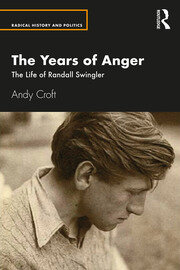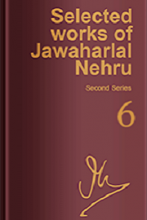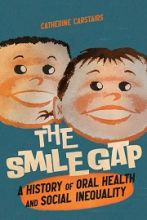From the 1920s-1940s, in America and Britain, many writers, artists, poets, musicians and other cultural workers were drawn to socially democratic artforms, influenced by Popular Front cultural aesthetics. The very broad group, which may have been ‘pro Communist’ politically and interested in diverse expressions of egalitarianism culturally, are frequently defined mainly in relationship to theContinue reading “Gold and Swingler”
Review Archives
A Culture of Curiosity: Science in the Eighteenth-Century Home
Lucy J. Havard reviews an ‘immensely enjoyable and engaging’ look at scientific enquiry as it took place in the eighteenth-century home.
Winning Women’s Hearts and Minds: Selling Cold War Culture in the US and USSR
Thomas Ellis reviews Diana Cucuz’s book on women, gender, and the politics of selling U.S. consumer culture and domesticity during the early Cold War through “polite propaganda.”
The Politics of Biography in Africa: Borders, Margins, and Alternative Histories of Power
Rebecca Martin reviews this ‘important collection’ showing how biographical narratives can shed light on alternative, little known or under-researched aspects of state power in African politics.
Milk
Charlie Taverner reviews a ‘thorough and stimulating’ major exhibition exploring our relationship with milk and its place in global politics, society, and culture.
Once We Were Slaves: The Extraordinary Journey of a Multi-Racial Jewish Family
Hannah Holtschneider reviews a compelling exploration of changing ideas about race, of human relationships in colonial empires, of Jewish minorities in slave societies, of religious identity and belonging, and of migration across the Anglophone Atlantic from the late eighteenth to the mid-nineteenth century.
No Return
It is hard to review this book without lapsing into the language of academic letters of recommendation: it is brilliant, illuminating. The genre is the Anglo-American ‘book of the thesis’. This genre contrasts with that of first books from young German and French scholars in that the author has taken years to revise his 2015Continue reading “No Return”
Nehru’s Voice
The Selected Works of Jawaharlal Nehru have been published in 100 volumes. The first 15 volumes together make up the First Series, and the following 85 are the Second Series. These roughly cover the pre- and post-1946 periods and are thus divided by the formation of the interim government in India during the transfer ofContinue reading “Nehru’s Voice”
The Smile Gap: A History of Oral Health and Social Inequality
Catherine Carstairs’s new history, The Smile Gap: A History of Oral Health and Social Inequality, explores the changes in oral healthcare in Canada from the beginning of the 20th century to the present. Drawing on a wide range of sources, including patient voices, Carstairs considers oral health history from a number of angles. Given howContinue reading “The Smile Gap: A History of Oral Health and Social Inequality”
Listening to the Language of the People
Cities of the Plain Cities of the Plain—not the ones in the Book of Genesis, but those scattered across Wallachia, between the southern Carpathians and the lower Danube. For most of the medieval and early modern periods, this territory was a borderland between Christian and Ottoman Europe. There had been many palisade towns and stagingContinue reading “Listening to the Language of the People”




